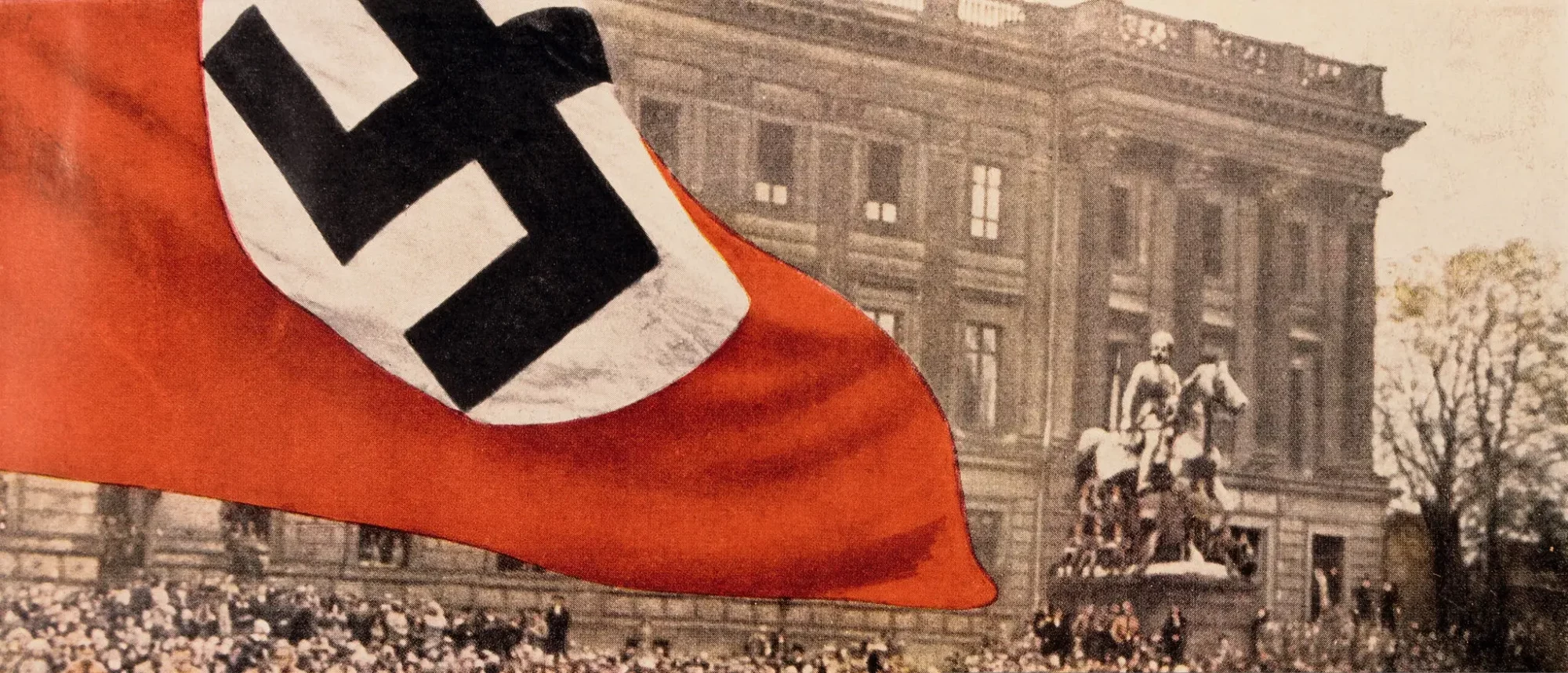The petitions, applications and final speeches from relatives, aquaintances, Mayors, the clergy and from former employers of the accused make a story themselves. Ebsen’s brothers and sisters, a doctor and a former colleague spoke up for him. They informed the court that Ebsen was not capable of dealing out heavy punishment for criminal doings. He was a friendly person who could not possibly become criminal. He was a gentle child who would have liked to play with his sister’s dolls. He was deeply religious, uncritical and incapable of reaching his own judgement and easily influenced. He had no bad ideas about his surroundings in his heart. He was always the nicest child in the family.
Ebsen’s wife collected signatures to support her husband who joined the NSDAP in May 1933. 32 People signed the following text: The following people declare that they knew Ebsen as an upright and good man. He was always willing to help everyone, where he could.


Ohlen’s lawyer wrote a petition for mercy to the English King stating that he was born in Manchester. His occupation did not allow him to be involved in the terrible treatment of prisoners. The lawyer Schmidt took the forthcoming wedding of Princess Elizabeth as a reason to plead for mercy for his client. Wittig received support from the protestant church. Even the Berlin Bishop Dibelius put a word in for him. Without any knowledge about the case or the person involved he got support for the plea of mercy just because two members of the Braunschweig clergy spoke up for him.
Truschel, who joined the NSDAP on 12.5.1937, was supported by the local Mayor of his home village of Immensen: At first he was against the NSDAP but then became influenced by propaganda. He thought particularly that the working population would achieve relief. He would have realised this mistake himself.
As the charges were limited to the treatment of allied citizens defying international law, a lawyer applied for the exoneration of his client Truschel, who was accused of shooting a Lett while attempting to escape, asking the court to clarify if Letts were in fact allied citizens at all: I mention that, of course, the life of a Lett is just as worthy of protection as that of any other person. Should, however, it turn out that Letts are not allied citizens, then the death of a Lett would not fall under the charges.
